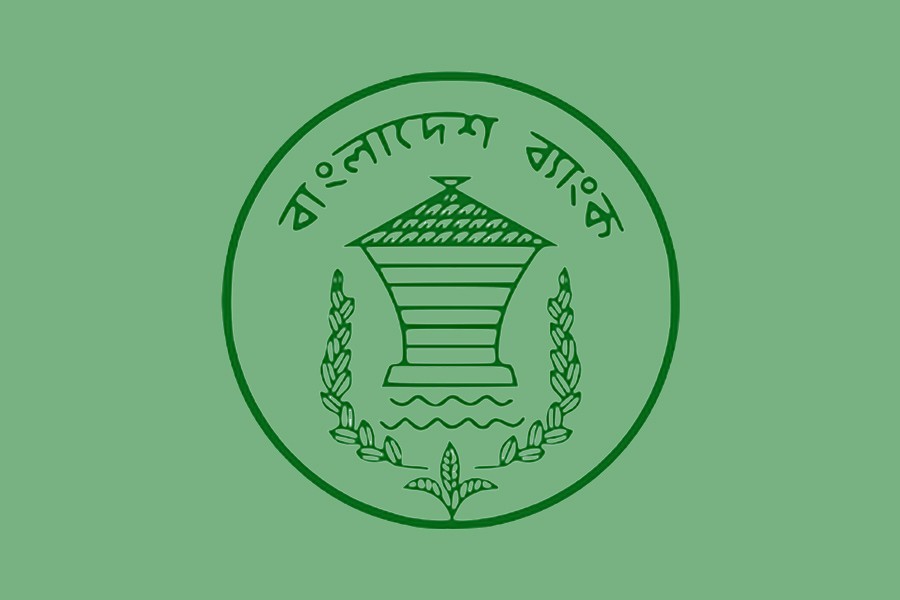Excess liquidity in the country's banking system is likely to fuel inflationary pressure on the economy, the central bank cautions over money-supply upturn.
"Excess liquidity stemming from the stimulus packages may engender inflationary bubbles in the upcoming months where strong vigilance will be required," the Bangladesh Bank (BB) says in its annual report for the last fiscal year (FY) 2020-21.
The latest BB observations come against the backdrop of rising trend in inflation in recent months mainly due to higher prices of food items along with other essentials.
Meanwhile, by official count, the inflation as measured by consumer price index (CPI) rose to 6.17 per cent in February 2022 from 5.86 per cent a month before on point-to-point basis while the inflation reached 5.69 per cent from 5.62 per cent on 12-month average.
The government has set the target of average inflation rate for FY'22 at 5.3 per cent.
On the other hand, the overall excess liquidity with the scheduled banks dropped slightly in January 2022 as trade financing increased significantly following higher prices of essentials, including fuel oils, on the global market along with the reopening of both local and global economies.
Surplus liquidity came down to Tk 2115.06 billion in January 2022 from Tk 2167.29 billion a month ago, according to the central bank's latest statistics. It was Tk 2314.63 billion in June 2021.
The excess liquidity in the country's banking sector has witnessed an upward trend since April 2021 following lower private-sector credit growth mainly due to the second wave of Covod-19 pandemic.
Expansionary monetary policy coupled with the implementation of the government stimulus packages pushed up liquidity in the banking system, experts say.
The central bank has already announced its expansionary monetary policy stance (MPS) for FY'22 to help faster recovery of the pandemic-hit economy of Bangladesh.
"The stance is essentially expansionary and accommodative for all growth-supportive needs while ensuring inflation target as well," the annual report notes.
The prime objectives of the MPS are to support investment- and employment-generating activities and create enabling conditions for the businesses to normalise production and supply chains, according to the report, released Monday.
The MPS undertakes a strategy to provide adequate financial support to the priority sectors and to ensure required funds in the system through various policy options. "Despite repeated waves of the COVID-19, Bangladesh economy has managed to return to the recovery phase aided by appropriate policies and 28 stimulus packages," it explains.


